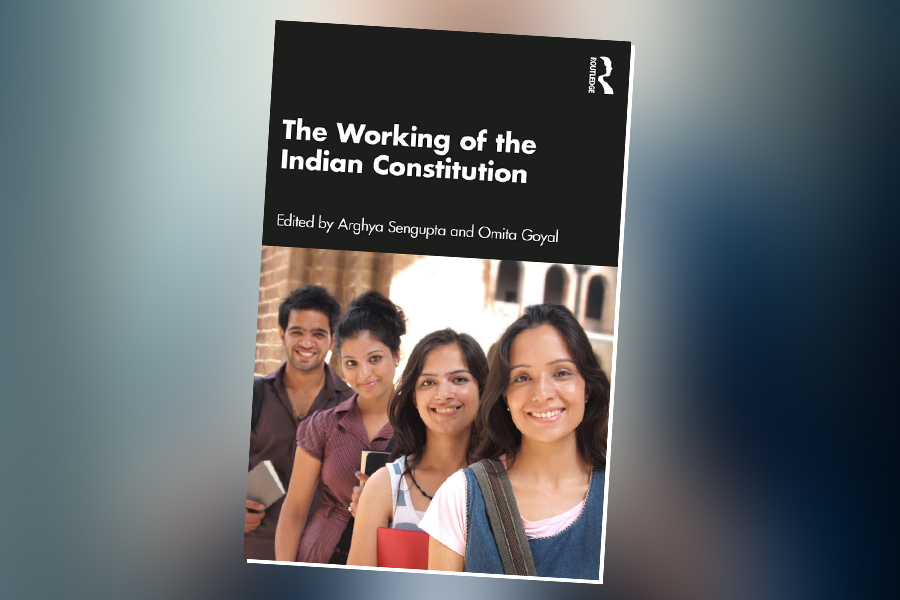
This book chapter highlights the demographic makeup of the transgender population in the country and surveys some key initiatives taken for their economic empowerment over the past five years.
Authors
Diksha Sanyal, Assistant Professor, Jindal Global Law School, O.P. Jindal Global University, Sonipat, Haryana, India.
Pawan Dhall, O.P. Jindal Global University, Sonipat, Haryana, India.
Summary
This chapter surveys developments in the domain of socio-economic inclusion for the transgender community over the last five years, juxtaposed to insights from Varta, a not-for-profit organisation based in Kolkata that works on LGBTQ+ rights. It identifies broad pitfalls when it comes to socio-economic inclusion for transgender communities.
While these state initiatives are well aligned to NALSA v. UOI’s directives in terms of design, they are likely to fail during implementation, given the inadequate attention paid to the issue of transgender identity certification, rigidity in programme design and a mismatch between existing skill sets and available programmes.
This also displays the limitations of evoking the discourse of Constitutional rights to better the lives of the most marginalised. The first part of this chapter highlights the demographic makeup of the transgender population in the country and surveys some key initiatives for economic empowerment taken up by both the government and the private sector. Thereafter, Varta’s work with gender and sexual minority communities in the domain of economic inclusion is highlighted, concluding with some of the challenges of economic inclusion.
Published in: The Working of the Indian Constitution, Routledge India.
To read the full chapter, please click here.

